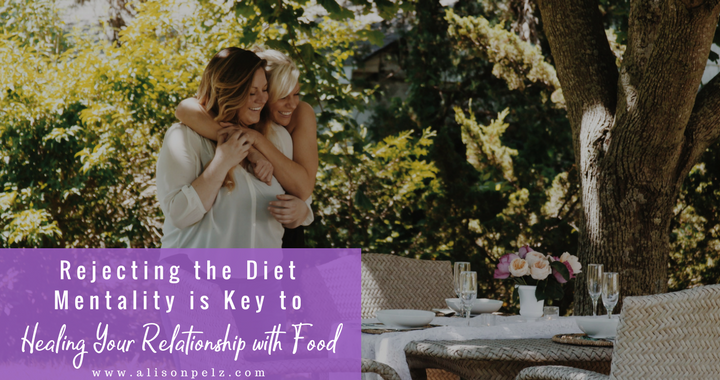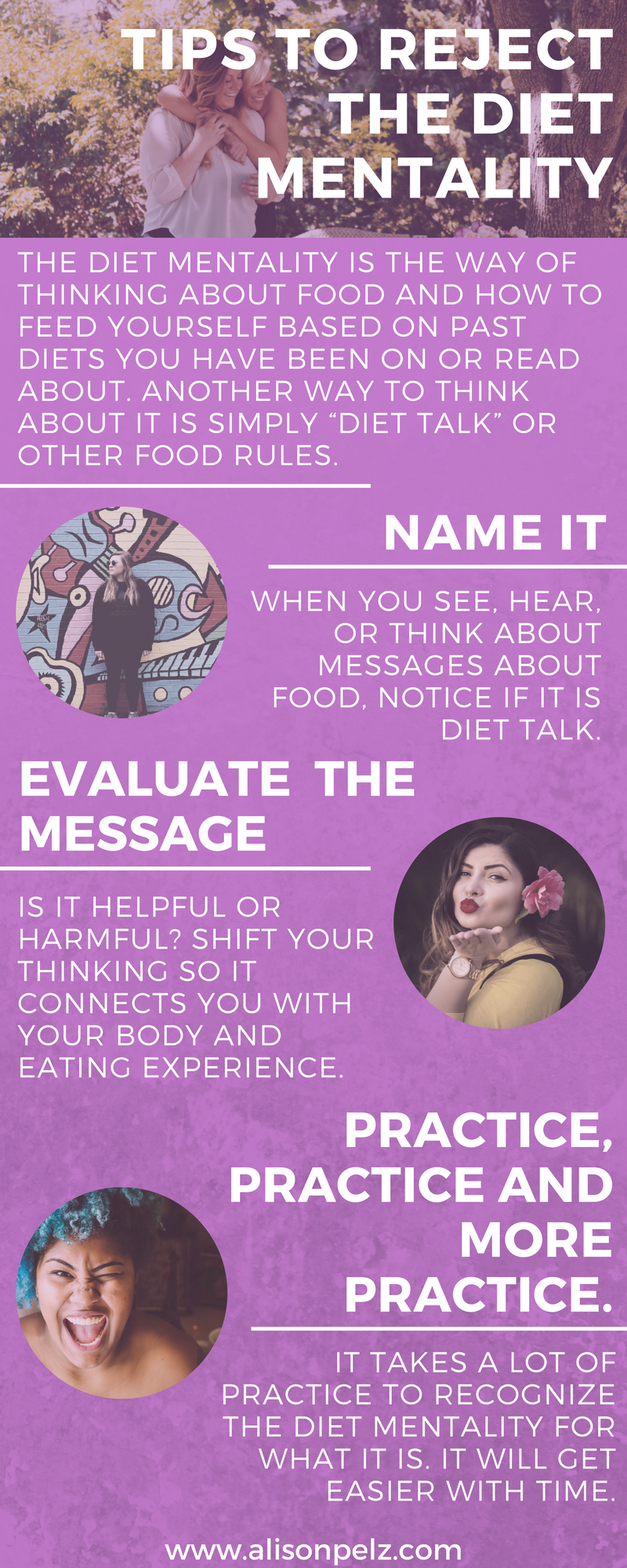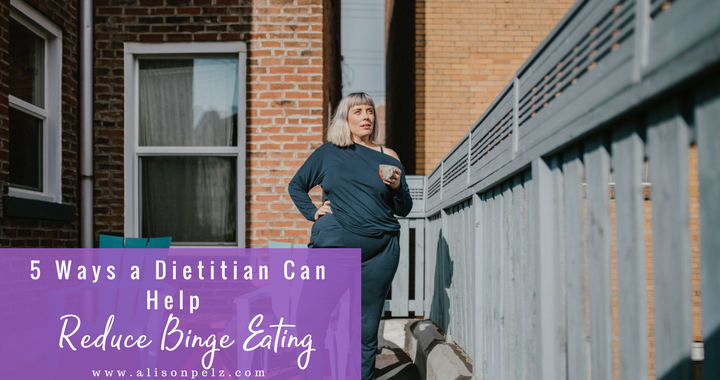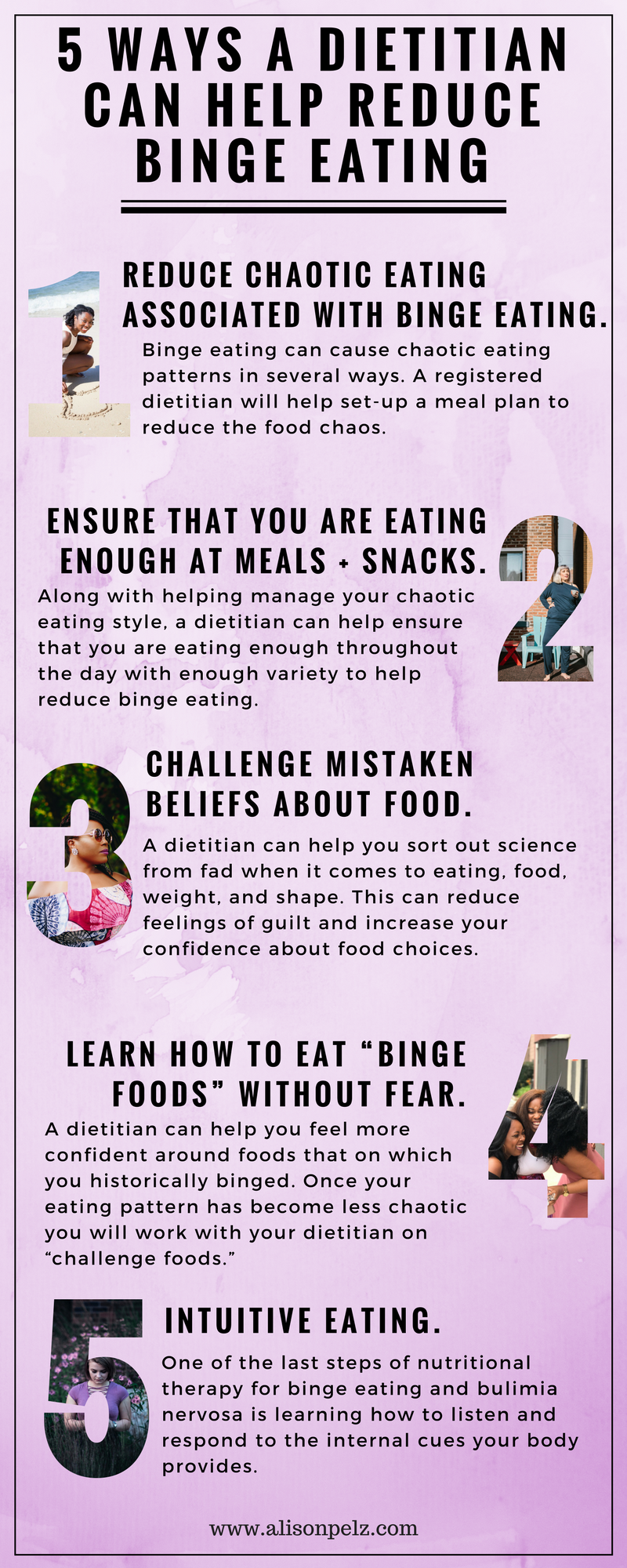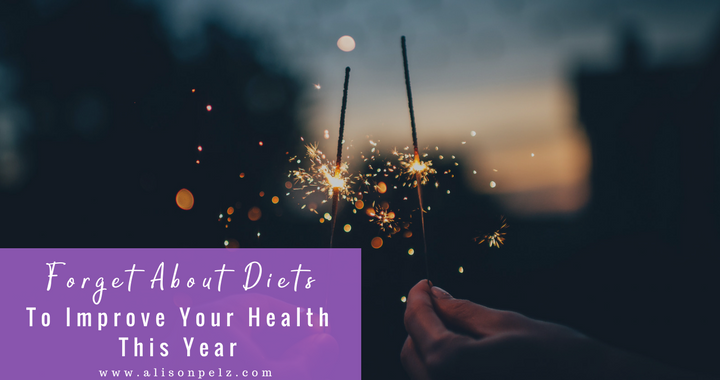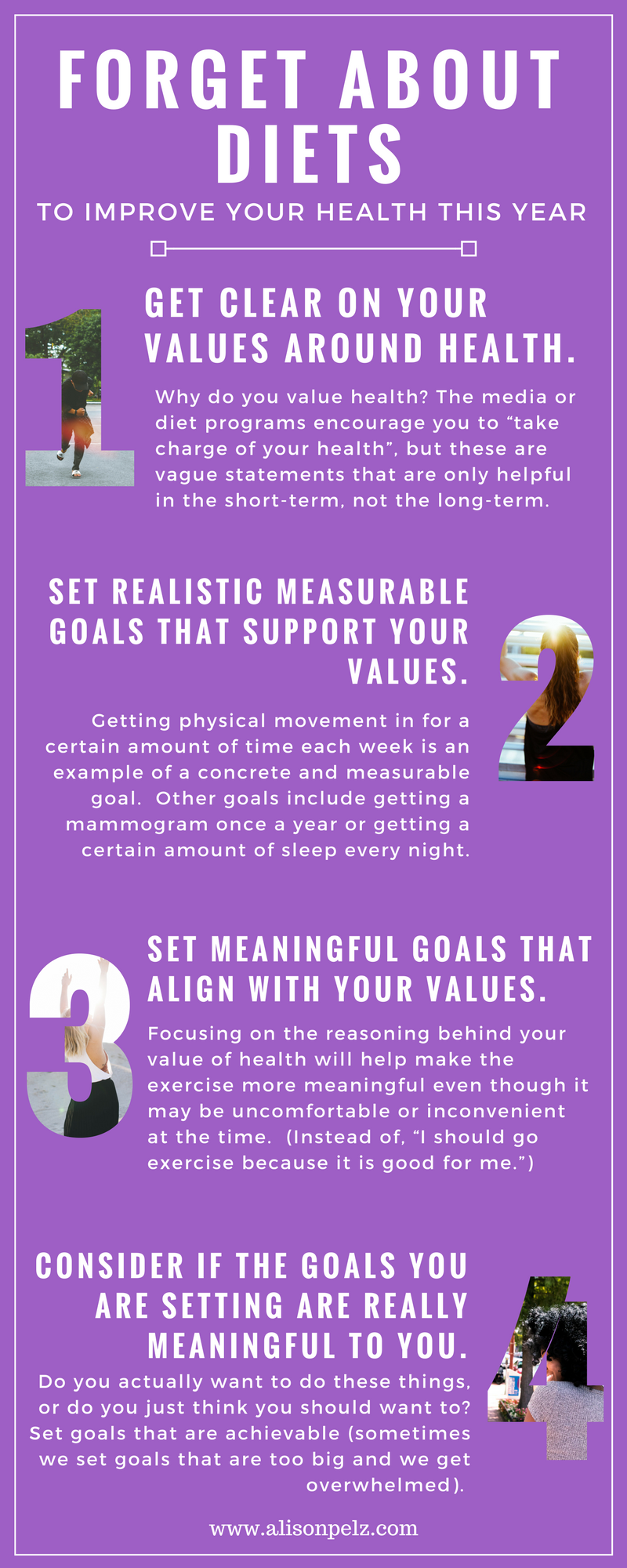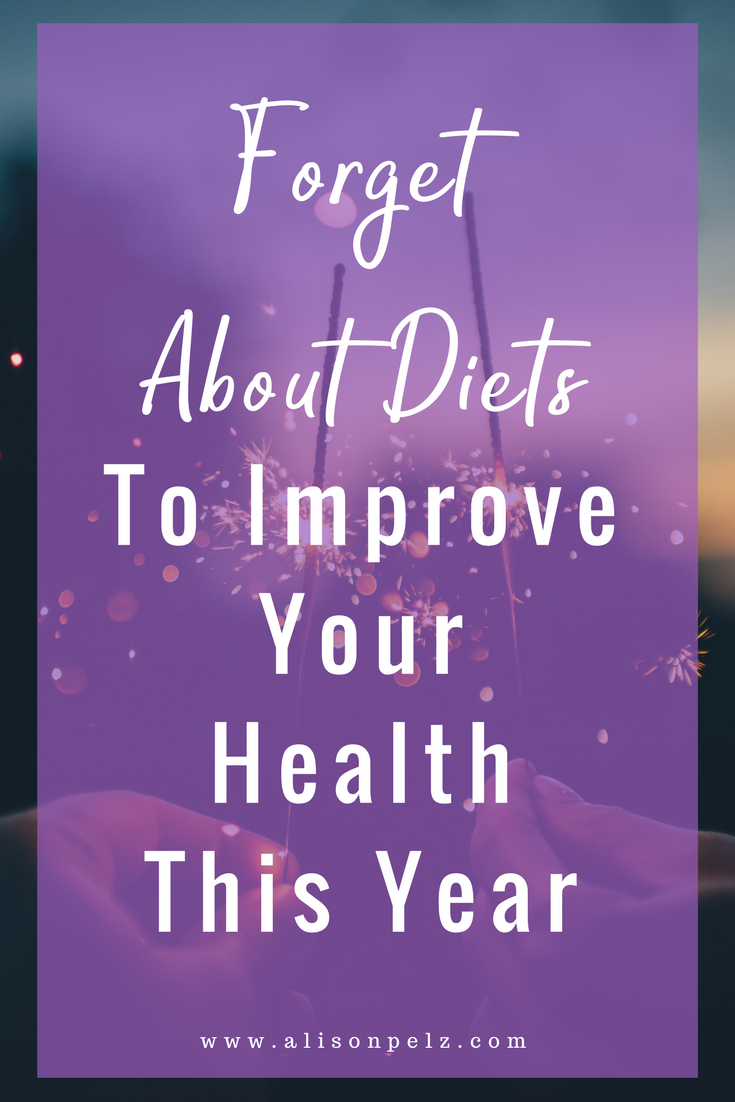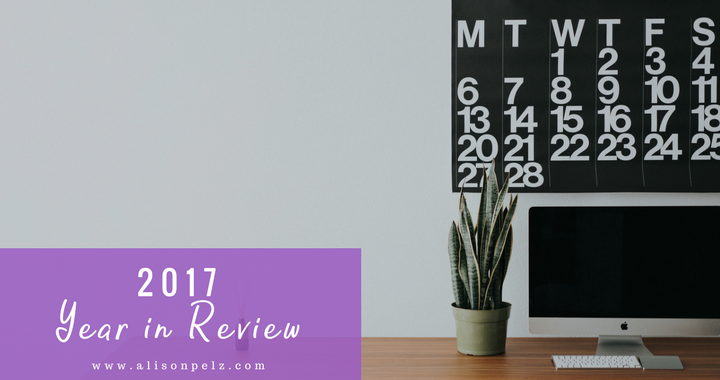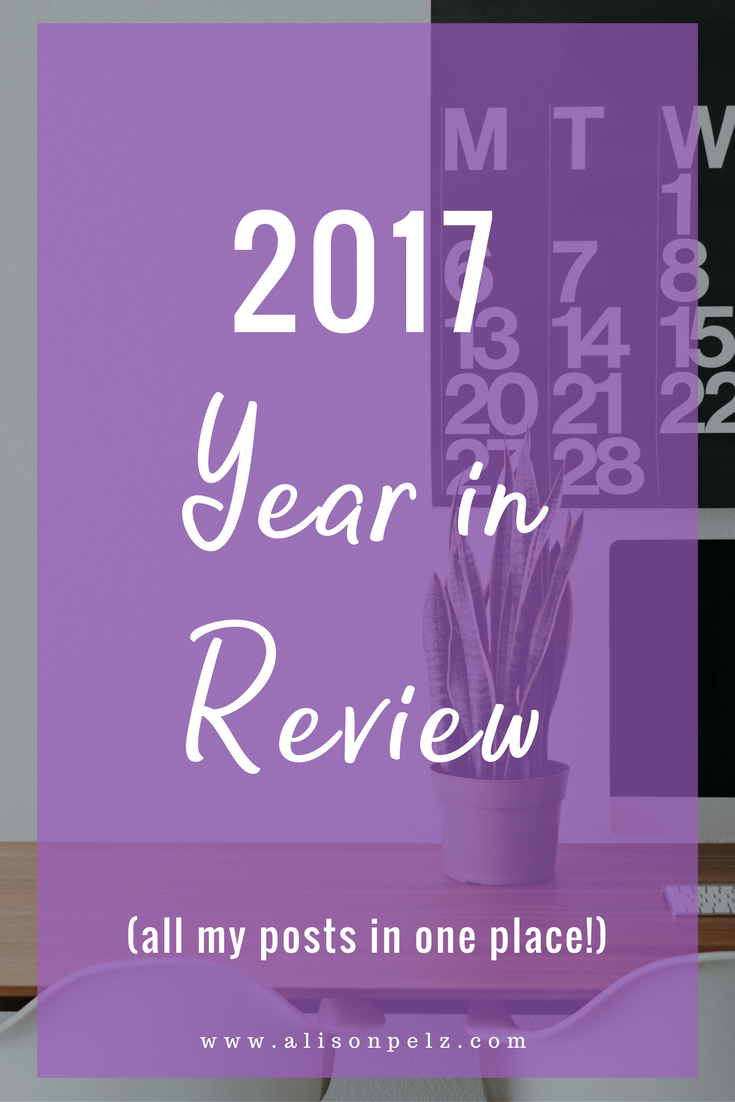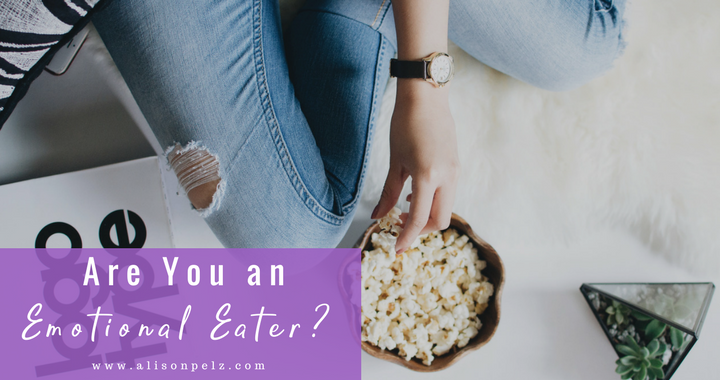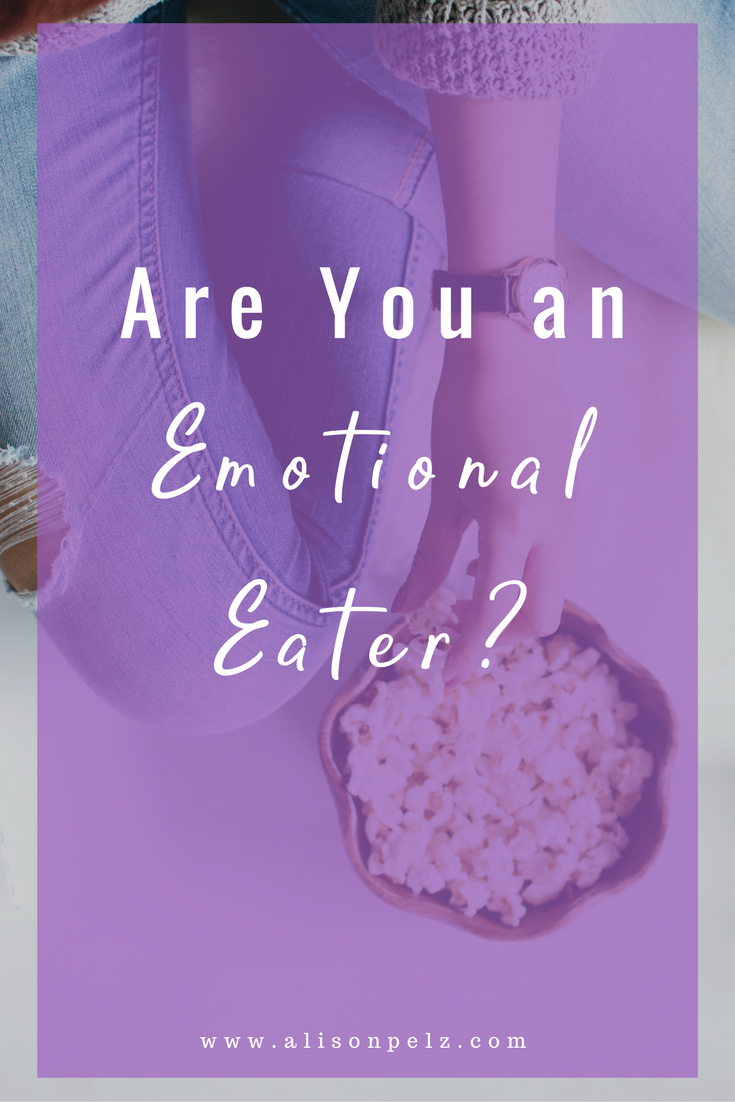I am sure you have heard the African proverb “It takes a village to raise a child”. The same can be said for treating an eating disorder. It takes a village. When it comes to treating & recovering from an eating disorder the village looks like medical professionals, friends, and family.
Having the support system in place when seeking treatment can make all the difference. All too often I have clients who have been struggling for years with an eating disorder who haven’t ever had a true treatment team in place. Without one, the likelihood of a full recovery is often greatly reduced.
Who should you look toward to build your treatment team?
If you’re struggling with anorexia nervosa, bulimia nervosa or binge eating disorder, it’s crucial to build up your support system. The types of people you should look toward when creating your treatment team are:
A Medical Doctor
Establishing good medical care is a must in the treatment of an eating disorder. Unlike, many psychological disorders, eating disorders can have serious medical consequences–in some cases resulting in death. Eating disorders can cause severe medical problems such as heart conditions, hypoglycemia, kidney failure, poor bone health and even death. Medical care for an eating disorder can include a physical assessment, laboratory tests such as blood work, EKG, etc.
While you may have an established care provider whom you see for routine care, it is important that you find a doctor that has experience treating eating disorders. Doctors not trained in treating eating disorders may overlook symptoms or not know what to assess for and may miss or minimizes symptoms that the sufferer is experiencing. A good place to start is the Medical Guide for Eating Disorders.
Psychotherapist
At first glance, an eating disorder may appear to be about food. But if you suffer from an eating disorder or have a loved one with an eating disorder you may have already begun to realize that eating disorders are not really about food. Rather, eating disorders emerge as a way to cope with life. People develop eating disorders for many different reasons and the role of the psychotherapist is help the sufferer find healthier ways to cope with life instead of using eating disorder behaviors.
Most folks with eating disorders also have a co-occuring mental health condition such as anxiety and/or depression. The psychotherapist also helps the sufferer with co-occurring conditions.
Psychotherapist, therapist for short, is a general term for clinicians trained in psychotherapy. A therapist could by a psychologist (has a Ph.D. in psychology), a licensed clinical social worker, a marriage family therapist or a licensed professional counselor (the later hold at minimum a master’s degree). Lastly, a psychiatrist is a physician who can provide therapy and prescribed medications for mental health conditions.
Not all therapists have a lot of training in the treatment of eating disorders, just like when selecting a physician, be sure to select one that has experience with treating an eating disorder.
Psychiatrist
A psychiatrist is a medical doctor who is specifically trained in the diagnosis and treatment of mental health conditions. They are trained in psychotherapy, like a therapist, but also can assess the need for medication in treating mental health conditions. A psychiatrist, due to their training as doctors, can also rule out any underlying medical or medications that may be contributing to mental health problems. Some psychiatrists focus on prescribing and managing medications while others will manage medication and do psychotherapy.
On your team, you may have a psychiatrist that provides both psychotherapy and medication management or see a psychiatrist for medication management and a therapist for psychotherapy.
A Registered Dietitian
If you have an eating disorder, you probably already know a lot about food. You probably know how many calories, how much fat and how many grams of sugar are in different foods. You’re probably an expert on the latest diets. So you may be asking yourself, “Why do I need to see a dietitian for my recovery if I already know so much about food?”.
But remember, eating disorders are not really about food. Food and eating disorder behaviors are used to cope with stress, relationship struggles, worry, and other uncomfortable feelings.
With this in mind, we know that knowledge about food is not the issue, but rather how you relate to food. A registered dietitian can support you in your recovery. They will help to ensure that you’re eating enough food consistently throughout the day and help untangle food facts from food myths.
One final note:
It’s important to make sure that all or the majority of the members of the treatment team have experience treating eating disorders. Here are some questions to ask when interviewing clinicians for your treatment team:
- What are your credentials? For example, do you hold a license to practice therapy or nutritional services?
- Do you belong to any professional eating disorder groups where you receive on-going education to stay-up-to-date on the treatment of eating disorders?
- How long have you been treating clients with eating disorders?
- What is your philosophy for treating eating disorders?
- Do you have other clinicians that you can refer me to in order to help me with my recovery?
- How often will you communicate with other clinicians on my treatment team?
- How often can I expect to see you?
- When do you typically see clients (day, evening, weekends, for example)?
- How will you assess my progress?
- What is the typical length of treatment for my type of eating disorder?
- Will you bill my health insurance carrier or will I need to do that?



